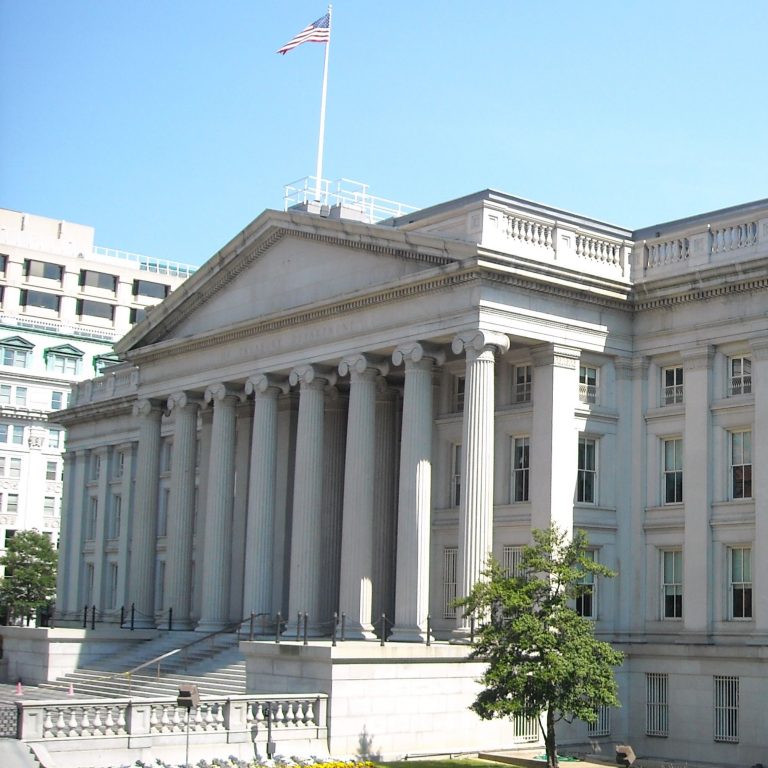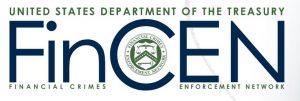
Two common complaints among crypto traders are that platforms which didn’t before are now demanding identification documents and that more venues close their doors to residents of some countries. While users naturally lash out at the companies, it is important to remember that this is often done under coercion or threat by regulators. The US government, for example, doesn’t consider itself bound by national borders in pursuing unregulated services.
Also Read: The Weekly: Coinbase Increases Limits, Shapeshift Acquires Bitfract, Okex Launches Coinall
The Long Arm of the Law
 Kenneth A. Blanco, Director of the Financial Crimes Enforcement Network (FinCEN), a bureau in the US Treasury’s Office of Terrorism and Financial Intelligence, has spoken about his agency’s approach to cryptocurrency on Thursday. The main takeaway from his speech to the industry is that the US government will act against anyone it thinks somehow operates within its domain, regardless of jurisdiction.
Kenneth A. Blanco, Director of the Financial Crimes Enforcement Network (FinCEN), a bureau in the US Treasury’s Office of Terrorism and Financial Intelligence, has spoken about his agency’s approach to cryptocurrency on Thursday. The main takeaway from his speech to the industry is that the US government will act against anyone it thinks somehow operates within its domain, regardless of jurisdiction.
The director explained that all services involved with “money transmitting” must comply with some level of AML/KYC standards and that regulations cover both transactions where the parties are exchanging fiat and crypto, but also transactions from one cryptocurrency to another. To comply with these obligations, companies are required to register with FinCEN, maintain an AML program, and establish recordkeeping and reporting measures. He emphasized, “It is important to understand that these requirements apply equally to domestic and foreign-located convertible virtual currency money transmitters, even if the foreign located entity has no physical presence in the United States, as long as it does business in whole or substantial part within the United States.”
Blanco also shared a couple of interesting figures about the authorities’ work. He revealed that FinCEN and the IRS have examined over 30% of all registered exchangers and administrators since



